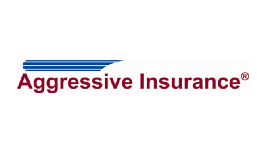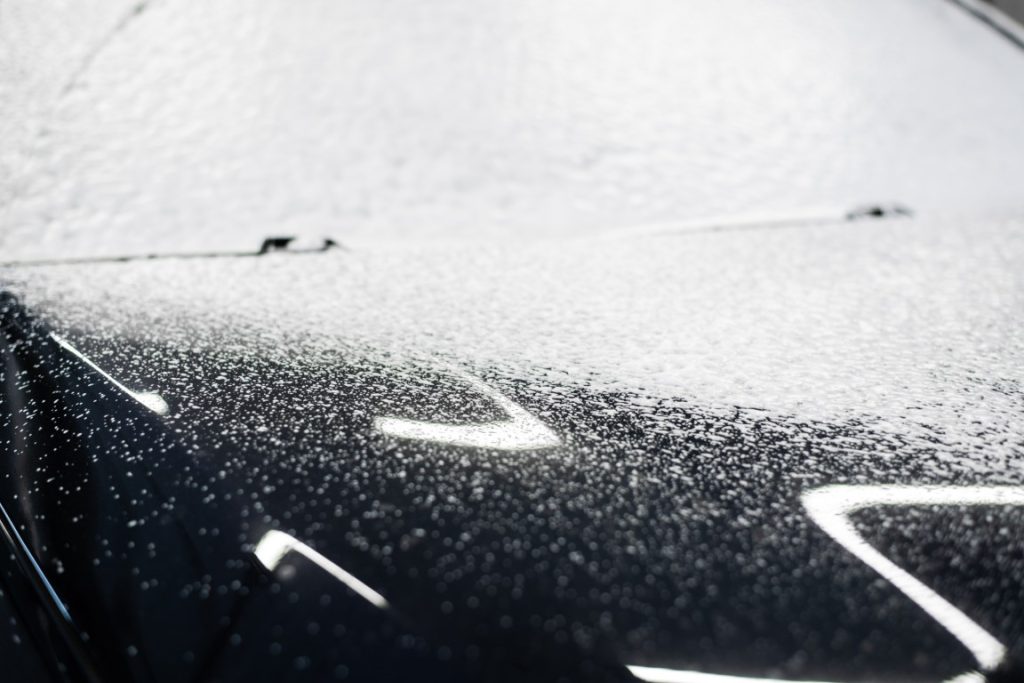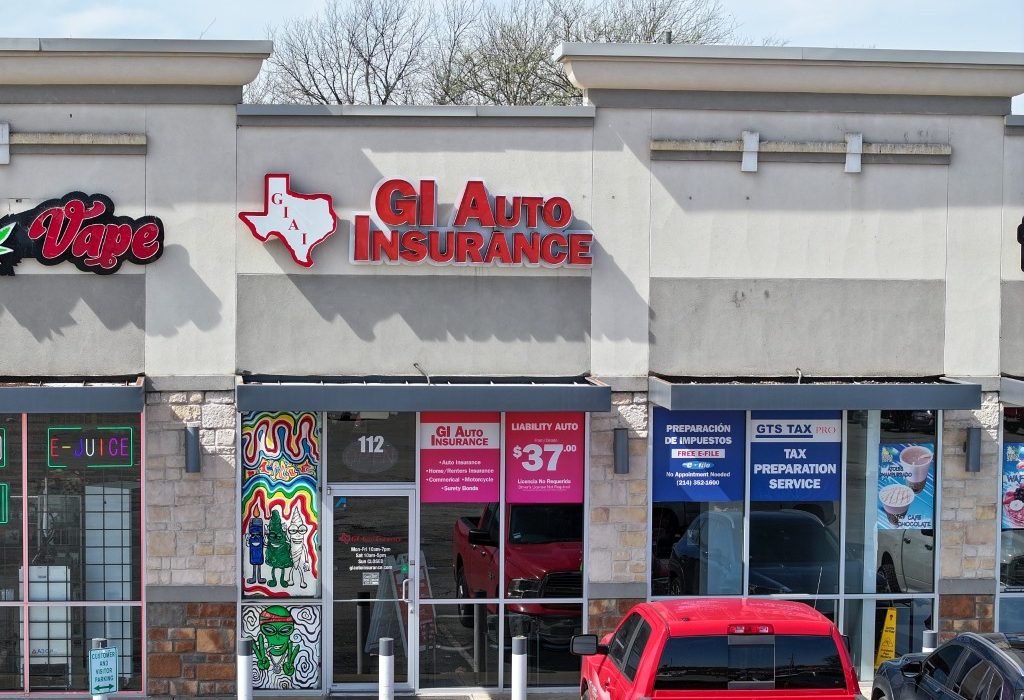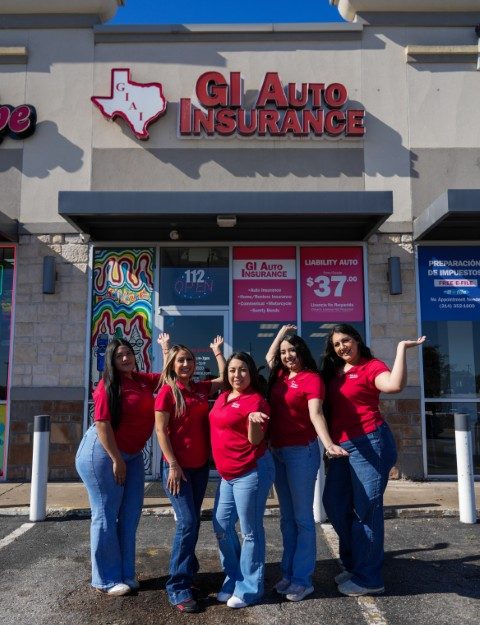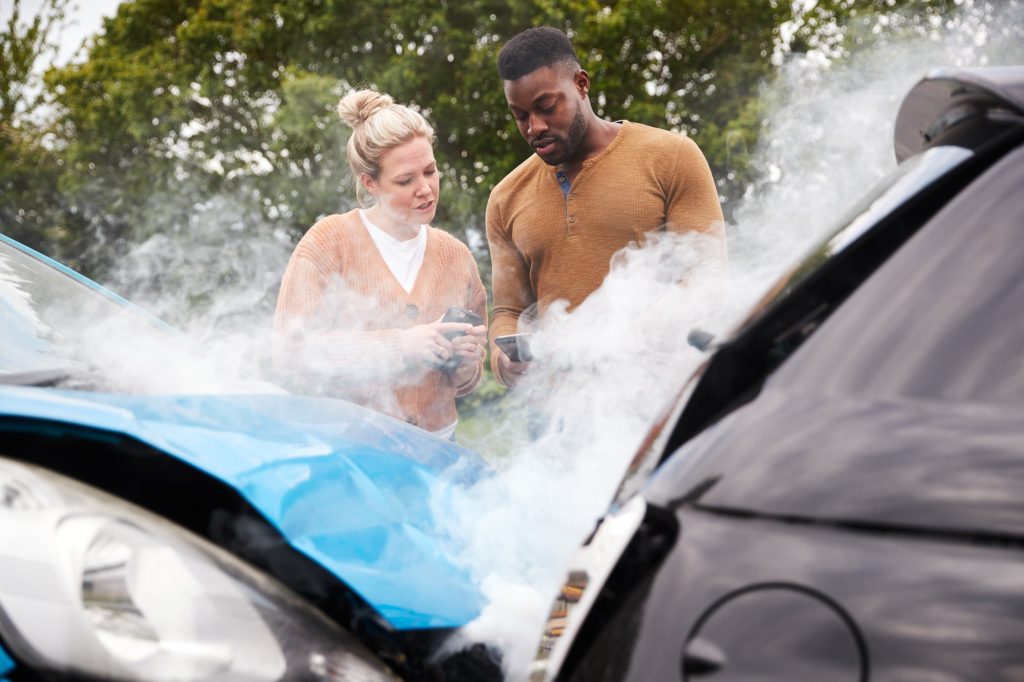7 Must-Know Tips: Car Insurance Without a License in Dallas

Table of Contents
Car Insurance Without a License in Dallas
Legal options, SR-22 steps, and smart ways to stay protected in DFW
Car Insurance Without a License in Dallas can be confusing, especially when you own a vehicle but don’t personally drive it or your license is suspended. This guide explains what’s legal in Texas, when a policy is possible, how SR-22 filings work, and the safest ways to protect your family and finances in the Dallas–Fort Worth area. We’ll use plain language, cite official sources, and show you practical steps. Then, when you’re ready, contact us for a no-pressure, bilingual quote.
Why this topic matters now (and why prices feel higher)
Texas drivers have seen substantial premium movement recently. Reporting in early 2025 notes that Texas full-coverage premiums rose about 15% in 2024, with forecasts pointing to a smaller ~6% increase in 2025—still painful, but moderating compared to 2023–2024 spikes. Houston Chronicle The Texas Department of Insurance (TDI) also tracks average rate changes by company and reminds consumers that premiums adjust each year based on losses, inflation, and claim severity. Texas Department of Insurance
If you’re dealing with a suspended, expired, or missing license—or you simply don’t drive but own a car—rate pressure makes every decision more important. The right policy structure can protect you while keeping costs sensible.
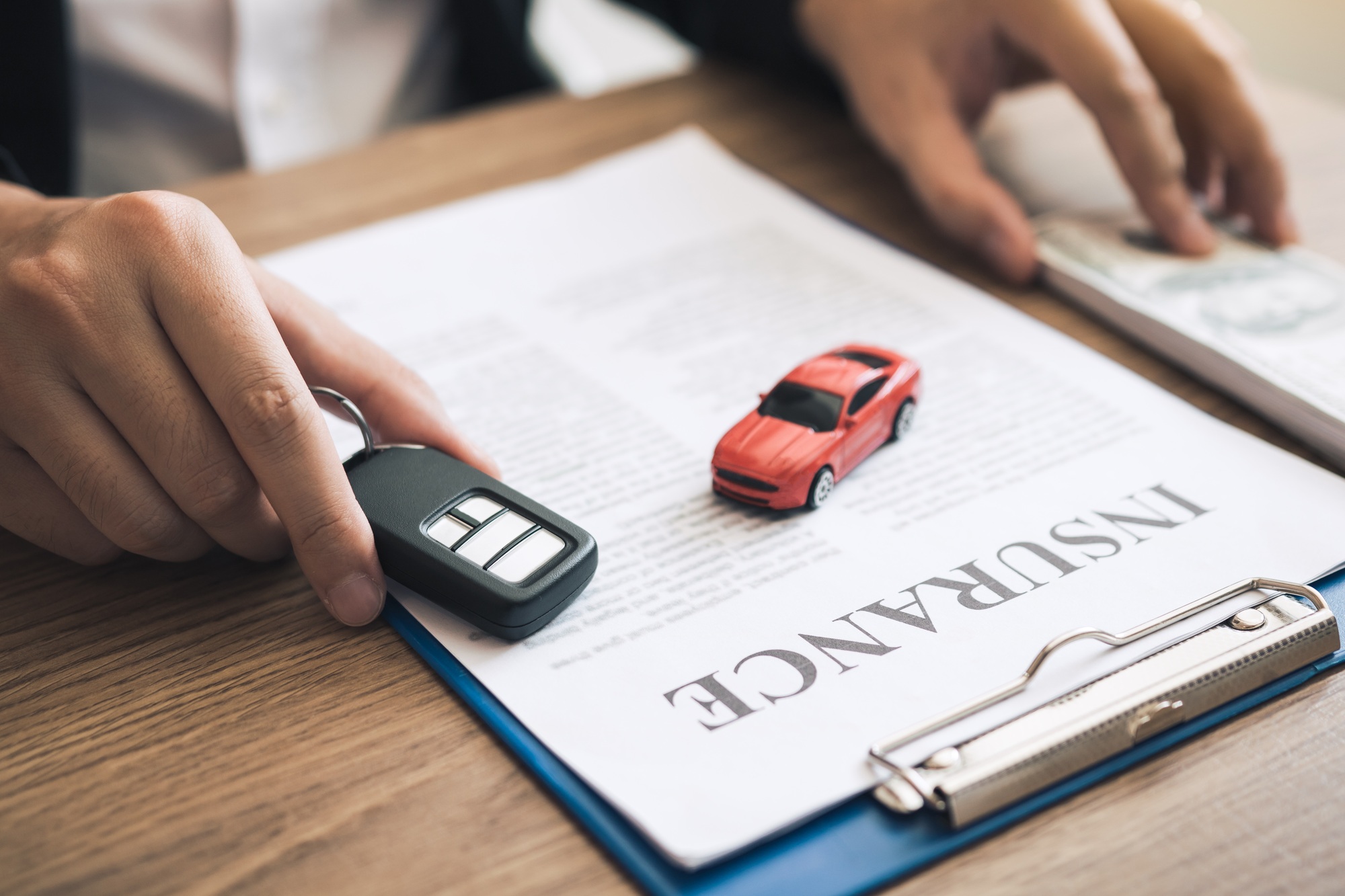
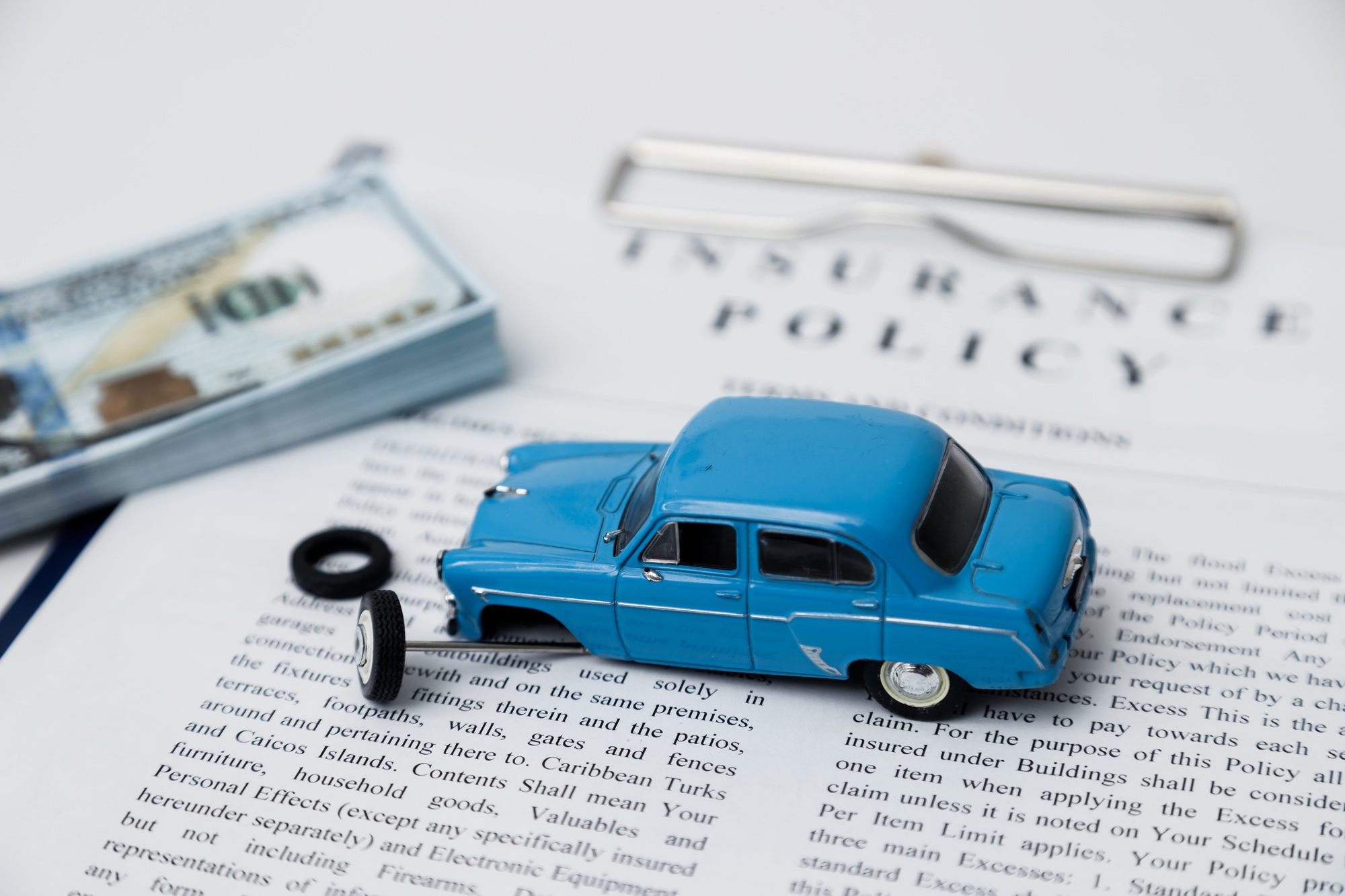
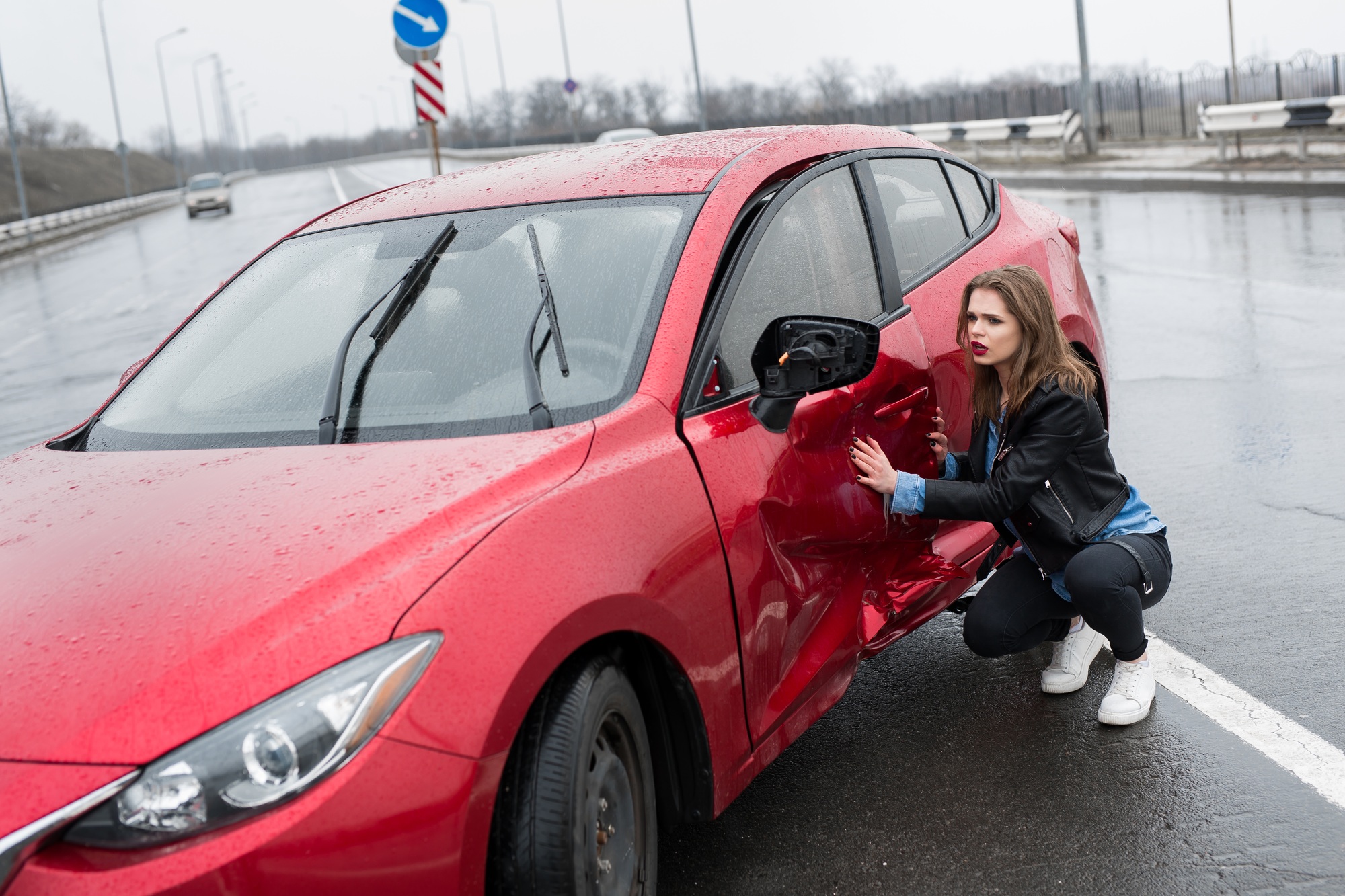
First principles: what Texas law says about driving
Before insurance strategy, remember: it’s illegal to operate a motor vehicle without a valid license in Texas. The statute is straightforward: you may not operate a motor vehicle on a highway without a driver’s license issued under Texas law. Penalties start with fines and can escalate for repeat offenses or when other violations are involved. FindlawJustia
Two more legal points matter for Dallas residents:
You must present your license on demand to a peace officer; failing to display it is an offense. Findlaw
If your license is suspended or revoked, operating a vehicle is a separate offense (Driving While License Invalid). Justia
Bottom line: insurance can help you insure a vehicle you own, but it does not grant permission to drive without a license.
Is Car Insurance Without a License in Dallas possible?
Short answer: sometimes—under specific conditions. Major insurers confirm that getting insurance without a license can be possible, often requiring a licensed primary driver to be listed on the policy (e.g., a spouse or household member who actually drives the car). Expect more scrutiny from carriers and sometimes higher rates due to perceived risk. Progressive
Specialty/non-standard carriers market directly to Texans with non-traditional situations, and some publish education about policies for vehicle owners who don’t drive (e.g., medically unable, senior no longer driving, or learning permit in household). These pages underscore the same core idea: owning a car ≠ being the driver; insurers will typically require at least one licensed operator on the policy. prontoinsurance.com
Common real-world scenarios in Dallas–Fort Worth
1) You own the car but don’t drive
If a family member or caregiver drives your car, an insurer may allow a policy that lists the licensed person as the primary driver and excludes you as a driver. This can cover the vehicle’s liability and, if selected, physical damage (comprehensive/collision). It does not permit you to drive. Progressive
2) Your license is suspended and you need an SR-22
Texas may require an SR-22 (Financial Responsibility Insurance Certificate) to reinstate driving privileges after certain violations (e.g., DWI, no insurance, driving while license invalid). The Texas Department of Public Safety (DPS) explains that an SR-22 proves you carry at least the state’s minimum liability limits and that the insurer must notify DPS if the policy lapses. Texas Department of Public Safety DPS also lists examples of convictions that can trigger the SR-22 filing. Texas Department of Public Safety
3) You’re storing a vehicle you don’t currently drive
If the car stays off the road, a comprehensive-only (storage) policy can protect against non-driving losses (theft, fire, hail). This option avoids liability coverage because the vehicle isn’t operated, but the second you want to drive (or let someone drive) in Dallas, you’ll need a policy with liability. Progressive
4) New to Texas, foreign license, or learning permit
Households with foreign licenses or teens with learner permits often ask if they can be added. Insurers typically need a licensed primary driver and may request documents. Policy setup varies by company; having a local agent who understands DFW norms helps.
Texas coverage basics (what “30/60/25” means)
Texas’s minimum liability limits are 30/60/25—$30,000 per person for injuries, $60,000 per accident total for injuries, and $25,000 for property damage. These are minimums, not recommendations; many drivers choose higher limits given Dallas repair costs and medical expenses. TDI’s consumer pages outline these limits and shopping tips. Texas Department of Insurance
For anyone arranging Car Insurance Without a License in Dallas, matching the right coverage to the true driver is key:
Liability (required to drive): pays others if the listed driver causes an at-fault crash.
Comprehensive: theft, fire, hail, vandalism—critical in North Texas storm seasons.
Collision: vehicle damage from a crash.
Uninsured/Underinsured Motorist (UM/UIM): protects you from other drivers’ limited insurance.
PIP/MedPay: medical and related expenses, regardless of fault.
SR-22 in Dallas: how it really works (and what it doesn’t do)
An SR-22 is not coverage; it’s a filing from your insurer to DPS verifying you carry at least the minimum required liability limits. If your policy lapses, DPS is notified; a lapse can restart your compliance clock or trigger new penalties. Texas Department of Public Safety DPS FAQs list common violations that require SR-22 filings (e.g., DWI, Driving While License Invalid, multiple no-insurance convictions). Texas Department of Public Safety
Tip for costs: In 2025, average Texas rate increases are forecast to be smaller than 2024’s spike, but SR-22 customers still pay more than standard risks. Shop options and ask about non-owner SR-22 policies if you don’t own a vehicle but need a filing. Houston Chronicle
Strategy in DFW: safer ways to insure when you don’t drive
A) Designate a licensed primary driver
If you own the vehicle but don’t drive, list a licensed household member as the primary driver and request to exclude unlicensed individuals (including you) from operating the car. This keeps coverage aligned with reality and reduces risk for the insurer. Progressive
B) Consider comprehensive-only “storage” coverage (if off-road)
If the car sits in a garage or driveway and won’t be driven, a storage policy can cut costs while protecting against non-driving losses like hail (a serious North Texas risk). Re-enable liability before anyone drives again. Progressive
C) If you need SR-22, file correctly the first time
Work with a Dallas agent experienced in SR-22 filings so your reinstatement timeline isn’t jeopardized by a clerical mistake or lapse notice to DPS. Start with a monthly budget you can maintain; a missed payment can reset the clock. Texas Department of Public Safety
D) Control the inputs that raise premiums
Choose higher deductibles on comprehensive/collision if cash-flow allows.
Ask about multi-policy, multi-car, and telematics discounts.
Keep garaging and driver information truthful and current; misclassification causes billing issues and claim disputes.
Re-quote as 2025 rate hikes normalize; TDI shows rates change frequently. Texas Department of Insurance
Dallas-specific realities (DFW context you should know)
Storm & hail exposure: Comprehensive claims in North Texas trend higher due to weather; choosing a sensible comp deductible is a cost lever.
Urban density & repair costs: Dallas collision repair and medical costs can exceed minimums quickly—another reason to consider higher limits than 30/60/25. Texas Department of Insurance
Spanish-speaking households: Bilingual service matters; many carriers support documentation in English only. Local agents bridge the gap.
Step-by-step: how to set up Car Insurance Without a License in Dallas
Decide who will drive the vehicle. Identify a licensed primary driver in the household (spouse, adult child, caregiver). Have their license details ready. Progressive
Choose your coverage. At minimum, liability to drive legally; add comprehensive/collision for vehicle protection. Texas minimums are 30/60/25—consider higher limits. Texas Department of Insurance
If required, request an SR-22 filing. Your insurer files it with DPS; avoid lapses. Texas Department of Public Safety
Exclude unlicensed drivers from operating the car. This is essential; exclusions don’t permit driving, they prevent coverage disputes. Progressive
Document garaging address and usage honestly. Dallas addresses, daily mileage, and vehicle security details affect pricing.
Requote and adjust after 6–12 months. With 2025 increases moderating relative to 2024, it’s smart to compare again mid-term. Houston Chronicle
Contact Us
Have questions about Car Insurance Without a License in Dallas, SR-22 filings, or how to structure a policy for your household? Contact us today. Our friendly, bilingual team will explain your options in minutes and help you compare rates from multiple carriers.
Other Articles
7 Must-Know Tips: Hail Damage Car Insurance Dallas
5 Proven Steps: Car Insurance with a Mexican License Dallas
3 Beneficios clave del Seguro comercial en Texas
Aseguranza sin licencia en Texas: Maneja protegido hoy
Cheapest Liability-Only Car Insurance in Dallas: 10 Tips
Rideshare Insurance Dallas: 11 Proven Tips
Contact Us
Our Customer Testimonials
The pricing is unbeatable; they offered me the best possible rates without compromising on coverage. Beyond the great value, their customer service truly sets them apart. The team is consistently helpful, knowledgeable, and genuinely a pleasure to work with. Whenever I have a question or need assistance, they are quick to respond and always provide a solution.
It's rare to find a company that combines affordability with such top-tier service, but GI Auto Insurance does it flawlessly. They've earned my loyalty, and I'm confident they'll impress you, too.
Frequently Asked Questions
Yes, in specific cases. Insurers often require a licensed primary driver to be listed, and they may exclude unlicensed individuals from operating the car. This insures the vehicle but does not let you drive.
No. Texas law prohibits operating a motor vehicle on public roads without a valid license; penalties can include fines and, in some cases, jail time for repeat or related offenses.
An SR-22 is a certificate your insurer files with DPS to prove you carry at least the state minimum liability limits, often required after violations like DWI or driving without insurance. If the policy lapses, DPS is notified.
Yes. Comprehensive-only coverage can protect a parked car from theft, fire, or hail. Add liability before anyone drives.
Often yes. Non-standard risks and SR-22 filings tend to carry higher premiums. The good news: forecasts suggest smaller average increases in 2025 versus 2024’s spike, so requoting can help.
Minimums are 30/60/25, but Dallas repair and medical costs can exceed those quickly. Many households choose higher limits and add UM/UIM and PIP.
Reliable Insurance Plans for Every Stage of Life
Whether you’re starting a family, buying a home, or planning for retirement, our reliable insurance plans are here to protect you at every step. We offer personalized coverage for health, life, property, and more, ensuring that you’re covered when you need it the most.

We're proud to represent great insurance carriers

















